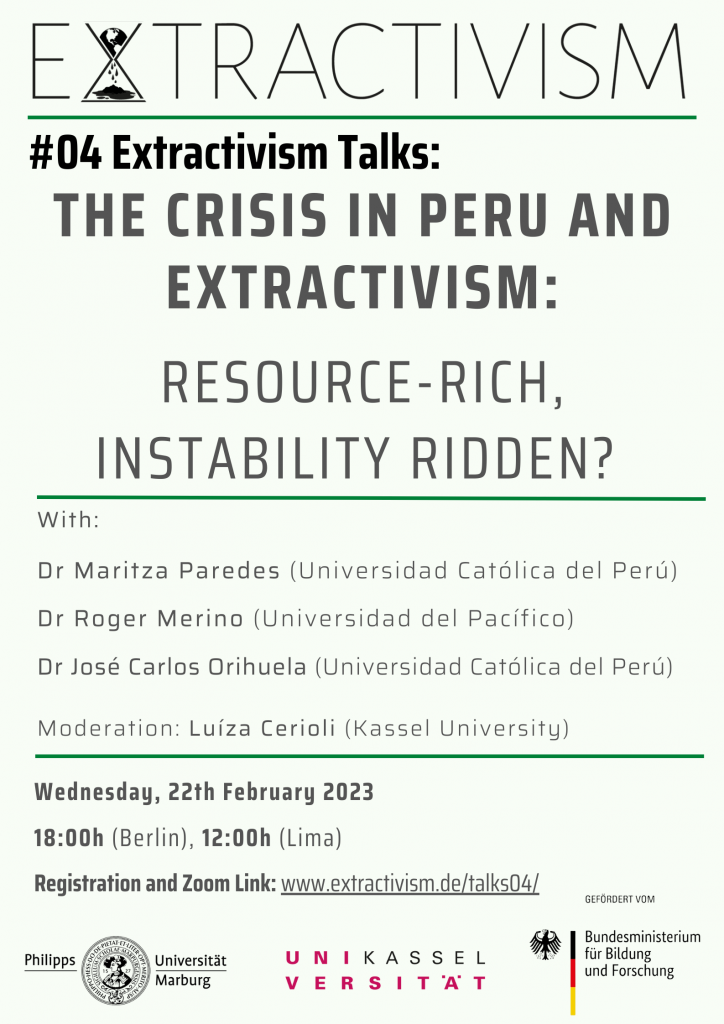Extractivism Talks #04:
The Crisis in Peru and Extractivism: Resource-rich, Instability Ridden?
The Event
As the world turns its eyes to the massive protests in Peru, a spotlight is cast on the country’s many contradictions, social tensions and inequalities that characterize it as an extractivist society. The second-world producer of copper and a candidate for becoming a future lithium and hydrogen producer, Peru continues to suffer from economic setbacks, corruption, food insecurity and a massive divide between rural and urban populations.
The collaborative research project Extractivism.de invites you for an online talk on the current crisis in Peru and its connections to the persistence of the extractivist development model in the country. On the 22nd of February 2023, we will discuss the topic with Peruvian specialists Maritza Paredes (Universidad Católica del Perú), Roger Merino (Universidad del Pacífico) and José Carlos Orihuela (Universidad Católica del Perú), focusing on the links between the persistence of political and socio-economic instability and the continuity of the extractivist development model.
The recent impeachment of Pedro Castillo, Peru’s first campesino president, has provoked protests in the Southern Andean region, where the rural and indigenous people have long felt excluded from the mining sector profits. Castillo was elected under the promise of nationalizing the mining industry, rewriting the constitution and improving the lives of poor rural people, but inflation, political scandals and disputes with congress just heightened general dissatisfaction. The future for Dina Boularte does not seem bright, as her promise for new elections in 2024 did not please the crowds, nor did the decision to push for more police repression. The rallies now merge with ever-frequent protests against ecological crimes provoked by extractivist companies in indigenous territories, repression of socio-environmentalists and complaints about wealth redistribution.
While corruption and political struggle are essential to grasp the situation, we argue that a complete picture needs more emphasis on how this model of extracting and exporting raw materials creates particular social-economic dynamics that provoke cyclical crises such as the current one. We also question the pathways available for Peru in a rising extractivism, considering its potential to take advantage – or fall into a new exploitative trap – of a global green transformation.
The Discussants
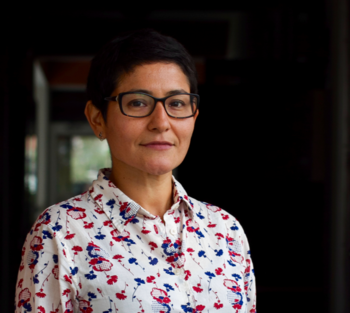
Maritza Paredes (Universidad Católica del Perú)
Dr Paredes is a senior lecturer at the Department of Social Science and the director of the Sociology Doctoral Program of the Universidad Católica del Perú. She specializes in political and environmental sociology, researching environmental and subnational conflicts and mobilizations concerning the governance of extractive industries, climate change, illegal commodities, and indigenous peoples – with a focus on the Andean countries. She holds a PhD from Oxford University and an MA from Columbia University. Currently, she is engaged in projects on the system of knowledge of indigenous communities, climate justice, and state capacity in Peru.
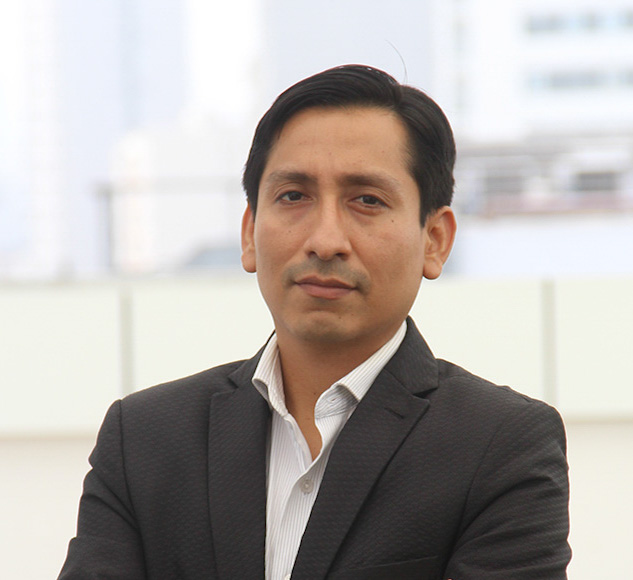
Roger Merino (Universidad del Pacífico)
Dr Merino is an Associate Professor at the Public Management School, Universidad del Pacífico. He has a PhD in Social & Policy Sciences and an M.Sc. in International Policy from the University of Bath. His research interests are political ecology, environmental governance, and indigenous rights. In 2022, Merino was a visiting fellow at the Extractivism.de project. He has intensively studied the impacts of mineral and agricultural extractivism in local landscapes, how Indigenous peoples and local communities challenge extractive operations, and how state policies and structures are impacted and transformed by the struggles around extractivism.
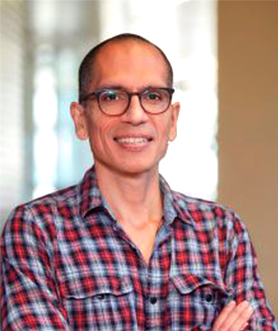
José Carlos Orihuela (Universidad Católica del Perú)
Dr Orihuela is a senior lecturer at the Economics Department at the Universidad Católica del Perú. He studies institutions, how they change and why they matter for the economy and the environment. He has published on diverse issues concerning extractivist societies' economies, such as the link between resource boom and institutional change and mining and oil development challenges in Latin America. He has a PhD from Columbia and an MPA/ID from Harvard and was a postdoctoral fellow at Watson Institute de Brown. He has researched the local resource curse, comparative developmental state formation in the Andean countries, and the institutions governing protected areas in the southern Peruvian Amazon.
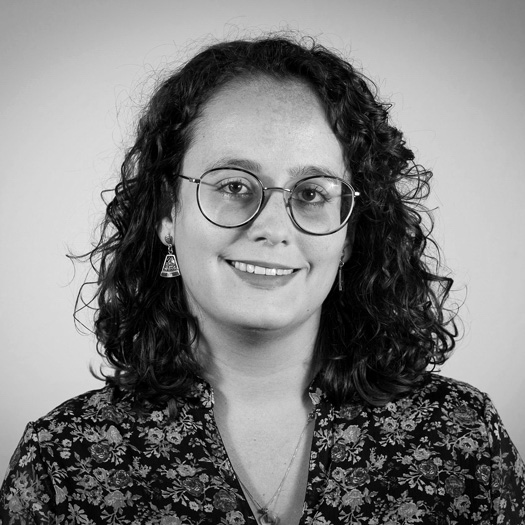
Luíza Cerioli (University of Kassel)
Our postdoctoral researcher, Luíza Cerioli (University of Kassel), will moderate the discussion.
